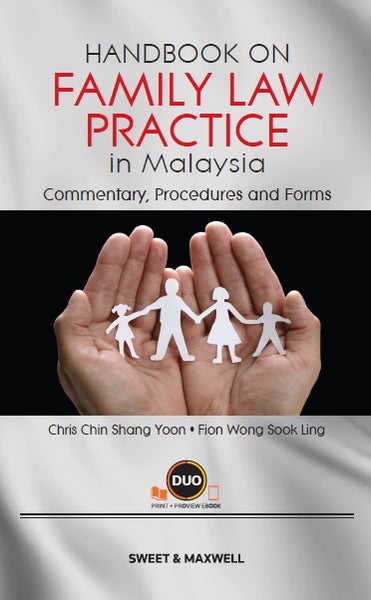Navigating Family Law: Essential Procedures for Success


Unraveling Family Law Procedures: A Comprehensive Guide
Family law proceedings can be emotionally charged and legally intricate. Navigating these processes requires a deep understanding of the relevant procedures. In this guide, we unravel the essential family law procedures to empower individuals facing familial legal challenges.
Initiating the Legal Journey: Filing Petitions and Documents
The journey through family law often begins with the filing of petitions and essential documents. Whether it’s a divorce petition, child custody request, or spousal support claim, initiating the legal process involves submitting the necessary paperwork to the court. Understanding the specific requirements and deadlines is crucial at this stage.
Legal Notifications and Responses: Serving Documents
After filing, the next step involves serving legal notifications and providing responses. Proper service ensures that all parties involved are aware of the legal actions. It includes delivering documents such as summons, complaints, and responses to opposing parties in accordance with the rules and regulations governing family law procedures.
Navigating Preliminary Hearings: Setting the Stage
Preliminary hearings play a pivotal role in setting the stage for the legal proceedings ahead. These hearings address initial issues, such as temporary custody arrangements, restraining orders, and financial support. Being well-prepared for preliminary hearings lays the groundwork for the subsequent phases of family law proceedings.
Mediation and Alternative Dispute Resolution: Exploring Options
Many family law cases involve mediation or alternative dispute resolution processes. These methods aim to facilitate communication and reach agreements outside the courtroom. Understanding the options available, such as collaborative law or mediation, empowers individuals to actively participate in shaping resolutions that align with their interests.
Discovery Processes: Uncovering Relevant Information
Discovery processes are integral to family law proceedings, allowing parties to uncover relevant information. This includes gathering evidence, requesting documents, and conducting depositions. Thorough preparation for discovery ensures that all pertinent details are brought to light, supporting informed decision-making and negotiation.
Negotiation and Settlement Talks: Seeking Resolutions
Negotiation and settlement talks often occur as an attempt to reach agreements without going to trial. These discussions cover various aspects, such as property division, child custody arrangements, and spousal support. Effective negotiation strategies aim to find common ground and facilitate mutually acceptable resolutions.
Court Hearings and Trials: Presenting Cases Before the Judge
In cases where agreements cannot be reached, family law proceedings proceed to court hearings and trials. Presenting cases before the judge involves arguments, witness testimonies, and the presentation of evidence. Legal representation and a thorough understanding of courtroom procedures are crucial during this phase.
Court Orders and Judgments: Finalizing Legal Decisions
Upon the conclusion of court hearings or trials, the court issues orders and judgments. These documents formalize the legal decisions made regarding issues such as child custody, support, and division of assets. Complying with court orders is essential for ensuring legal compliance and moving forward with the finalized arrangements.
Post-Judgment Proceedings: Modifying or Enforcing Orders
Family law matters can persist even after court orders are issued. Post-judgment proceedings may involve modifying existing orders or enforcing compliance. Changes in circumstances, such as job loss or relocation, may necessitate modifications, while enforcement ensures that all parties adhere to the court’s decisions.
For a comprehensive understanding of Family Law Procedures, visit Great Blog About. Empowering individuals with knowledge about these procedures is crucial for navigating family law challenges with confidence and ensuring the best possible outcomes for all parties involved.







